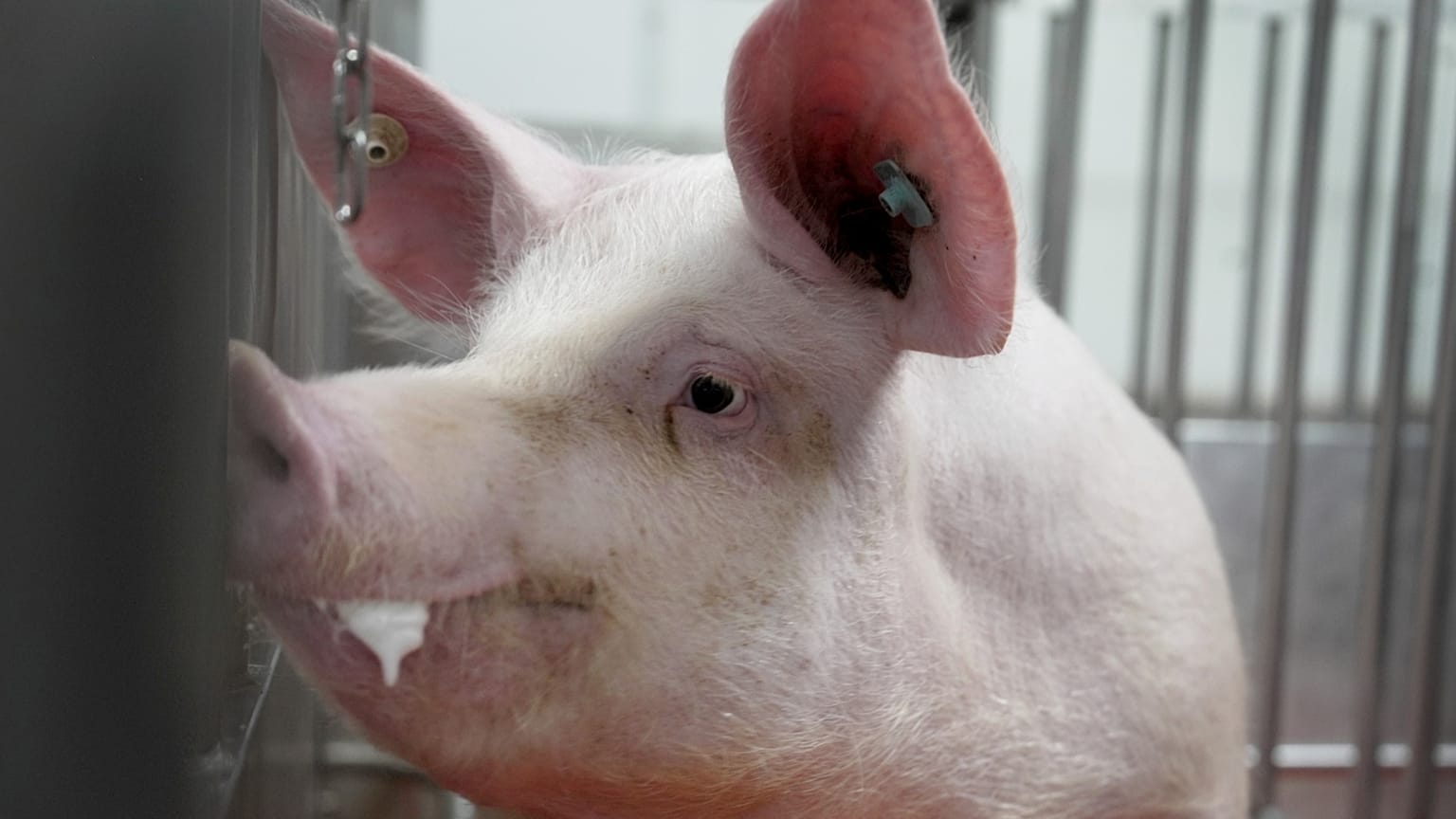Science
US Launches Groundbreaking Clinical Trial for Pig Kidney Transplants

The United States has initiated its first clinical trial to evaluate the feasibility of transplanting genetically modified pig kidneys into human recipients. This pioneering study, announced by United Therapeutics on March 4, 2024, marks a significant step in the field of xenotransplantation, a practice aimed at addressing the chronic shortage of human organs available for transplant.
The initial transplant was successfully performed at NYU Langone Health in New York City. Researchers have not disclosed the exact date of the surgery or detailed information about the recipient to protect patient privacy. Dr. Robert Montgomery, who led the transplant team, indicated that the trial will initially involve six participants, with the possibility of expanding to accommodate up to 50 patients as more transplant centres join the effort.
Trial Details and Future Prospects
The U.S. Food and Drug Administration (FDA) has authorized this clinical trial following a series of compassionate use cases that yielded mixed outcomes. Previous attempts with gene-edited pig kidneys have shown varying degrees of success. For instance, one patient at NYU had a pig kidney function for 130 days before returning to dialysis, while a patient at Massachusetts General Hospital achieved a record of 271 days before the organ began to decline and was subsequently removed.
These trials are critical as over 100,000 individuals in the U.S. alone are currently on the transplant waiting list, with many in dire need of kidney transplants. According to the Eurotransplant International Foundation, which oversees organ donation in parts of Europe, more than 10,000 people are waiting for kidney transplants across eight European countries.
In response to these challenges, scientists are genetically modifying pigs to produce organs that are more compatible with the human immune system. The kidneys used in this trial have undergone 10 gene edits to eliminate genes responsible for rapid rejection and excessive growth, while incorporating human genes to enhance compatibility.
Looking Ahead
As the clinical trial progresses, further insights from each patient’s experience are expected to refine techniques and improve outcomes. Dr. Montgomery emphasized that the ability for patients to return to dialysis provides a safety net, offering reassurance during this innovative yet experimental phase of medical science.
The success of this trial could pave the way for more extensive applications of xenotransplantation in treating organ failure, potentially saving countless lives. As the medical community observes these developments closely, the hope remains that such advancements will lead to viable solutions for those waiting for life-saving transplants.
-

 Top Stories3 months ago
Top Stories3 months agoTributes Surge for 9-Year-Old Leon Briody After Cancer Battle
-

 Entertainment4 months ago
Entertainment4 months agoAimee Osbourne Joins Family for Emotional Tribute to Ozzy
-

 Politics4 months ago
Politics4 months agoDanny Healy-Rae Considers Complaint After Altercation with Garda
-

 Top Stories4 months ago
Top Stories4 months agoIreland Enjoys Summer Heat as Hurricane Erin Approaches Atlantic
-

 World5 months ago
World5 months agoHawaii Commemorates 80 Years Since Hiroshima Bombing with Ceremony
-

 Top Stories3 months ago
Top Stories3 months agoNewcastle West Woman Patricia Foley Found Safe After Urgent Search
-

 Top Stories5 months ago
Top Stories5 months agoFianna Fáil TDs Urgently Consider Maire Geoghegan-Quinn for Presidency
-

 World5 months ago
World5 months agoCouple Convicted of Murdering Two-Year-Old Grandson in Wales
-

 World5 months ago
World5 months agoGaza Aid Distribution Tragedy: 20 Killed Amid Ongoing Violence
-

 World5 months ago
World5 months agoAristocrat Constance Marten and Partner Convicted of Infant Murder
-

 Top Stories4 months ago
Top Stories4 months agoClimbing Errigal: A Must-Do Summer Adventure in Donegal
-

 Top Stories4 months ago
Top Stories4 months agoHike Donegal’s Errigal Mountain NOW for Unforgettable Summer Views









